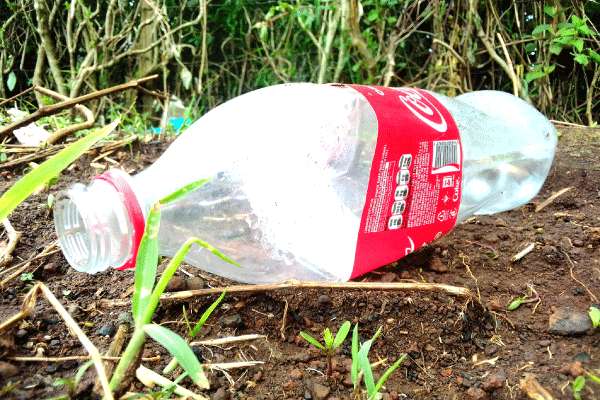
NAIROBI, Kenya, June 10 – Parliament has finalised the public participation phase of the Finance Bill 2024-2025, setting stage for its tabling before Senate for debate.
The bill proposes an array of taxes to be levied on Kenyans as the government intensifies efforts to broaden the tax base. One of the controversial levies proposed by Kenya Kwanza administration is eco levy.
What is Eco Levy
For starters, Kenya is not the first country to introduce Eco levy, several countries among them Malawi have in the past introduce a similar levy akin to the Kenyan one.
Eco or environmental levy, is a tax imposed by governments on activities, products, or services that are considered harmful to the environment.
ALSO READ: How Agri-Tech is Revolutionizing Bio-Agriculture in Kenya
The primary objective of this tax is to reduce environmental pollution, encourage sustainable practices, and promote the use of environmentally friendly alternatives.
The revenue generated from eco levies is often used to fund environmental conservation projects, waste management programs, and other green initiatives.
Eco levies are typically applied to products and activities that contribute significantly to pollution and environmental degradation. This can include single-use plastics, non-recyclable packaging, high-emission vehicles, and fossil fuels.
By making environmentally harmful products more expensive, eco levies encourage businesses and consumers to adopt greener alternatives, such as renewable energy sources, recyclable materials, and low-emission vehicles.
In the Kenyan context, the bill seeks to introduce a tax on locally and imported plastic commodities.
This has however been opossed by sector players who urge that its introduction risks increase of prices of commodities.
Soft drink manufacturer Coca-cola in a memorandum to Parliament argued that this move will make business unsustainable.
“Such unpredictability, exemplified by abrupt tax rate changes or the introduction of new taxes, directly impacts the cost structures of businesses,” said Coca-cola’s senior director for public affairs and sustainability, Clifford Machoka.
Key sector players such as the Kenya Association of Manufacturers as well as Kenya Private Sector Alliance are also opposed to the move.
Several products use plastic wrappings and therefore should the levy be retained in the Finance Bill, key commodities will without a doubt increase in prices.





